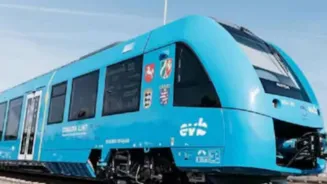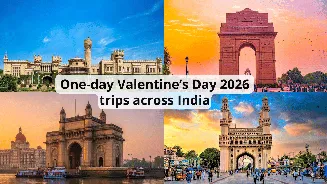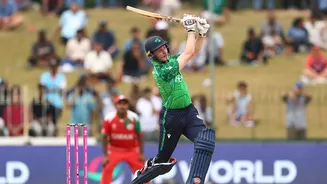Indian Railways is steadily advancing its efforts to offer more sustainable and passenger-friendly travel. Following the successful launches of Vande Bharat, Amrit Bharat, and Namo Bharat trains, it is now
preparing to introduce a hydrogen-powered train, a significant step towards the country’s goal of achieving zero carbon emissions by 2030.
The standout feature of this upcoming train is that it will essentially run on water. Trials for the train have already begun, and work on the associated hydrogen plant is progressing at a rapid pace.
According to Dilip Kumar, Executive Director of Information and Publicity at the Ministry of Railways, the train will operate in Haryana on the Jind-Panipat route, covering approximately 90 kilometres. The engine will be filled with 360 kg of hydrogen for a single round trip.
Hydrogen Train Fare
As the hydrogen train trial progresses, passengers are curious about its fare structure. While an official fare has not yet been announced, estimates are being drawn based on international models. Indian Railways is expected to keep fares affordable to ensure that common passengers can benefit from the service. However, experts suggest it may be priced slightly higher than standard sleeper class fares due to advanced technology and operational costs.
Hydrogen-powered trains are already running in countries like Germany, China, Japan, France, Sweden, and the USA, with Germany leading in terms of advanced technology and adoption. In Germany, fares range between Rs 7-Rs 10 per kilometre, depending on the route, time, and class.
China launched the world’s first hydrogen tram in Foshan in 2019, but it was discontinued in 2024 due to low ridership and high costs. Fares there were approximately Rs 25-Rs 35 per journey, or Rs 5-Rs 7 per kilometre.
In Japan, hydrogen trains have been running on trial between Yokohama and Kawasaki since 2022, where fares range from Rs 10-Rs 15 per kilometre.
The USA is set to begin hydrogen train operations between Redlands and San Bernardino in California, with fares likely to be Rs 12-Rs 15 per kilometre.
Trial Declared A Success
The Ministry of Railways confirmed that the trial run of the hydrogen train has been successful. The design of the hydrogen fuel cell and its supporting infrastructure has received necessary approvals, including those from global safety agencies.
Indian Railways has awarded the retrofitting work of existing Diesel Electric Multiple Unit (DEMU) trains with hydrogen fuel systems. A prototype is currently being developed at ICF Chennai.
Under the ‘Hydrogen Heritage’ initiative, Indian Railways plans to roll out 35 hydrogen-powered trains. Each train is estimated to cost around Rs 80 crore, with an additional Rs 70 crore allocated for developing supporting infrastructure, especially on heritage and hill routes.














